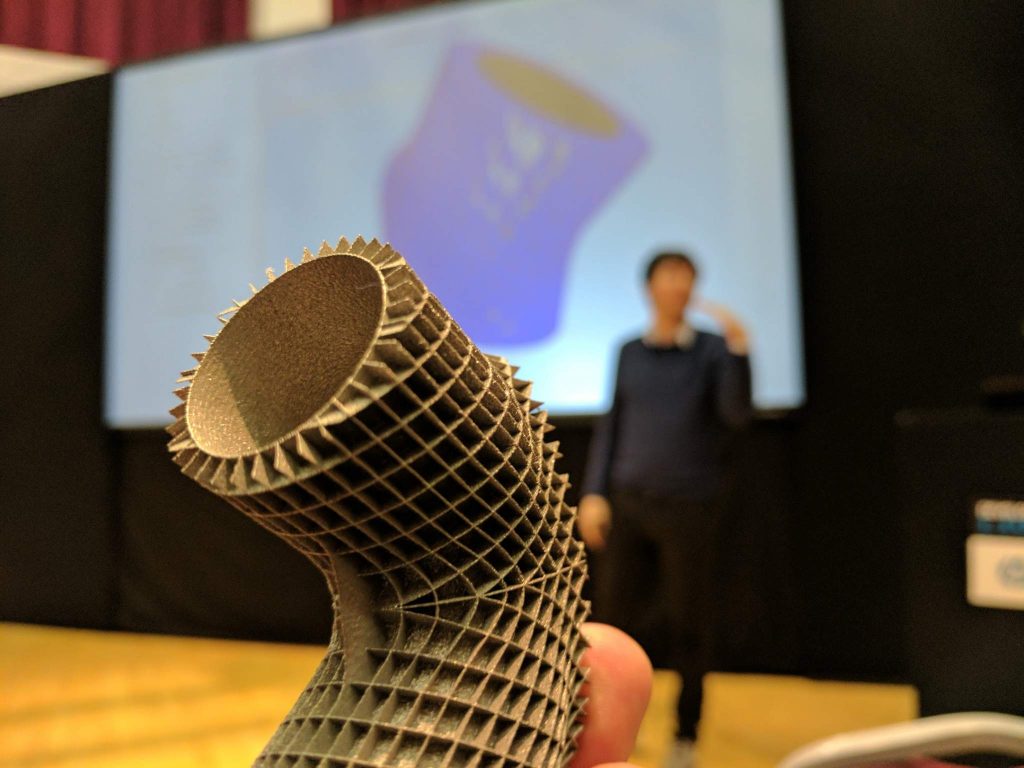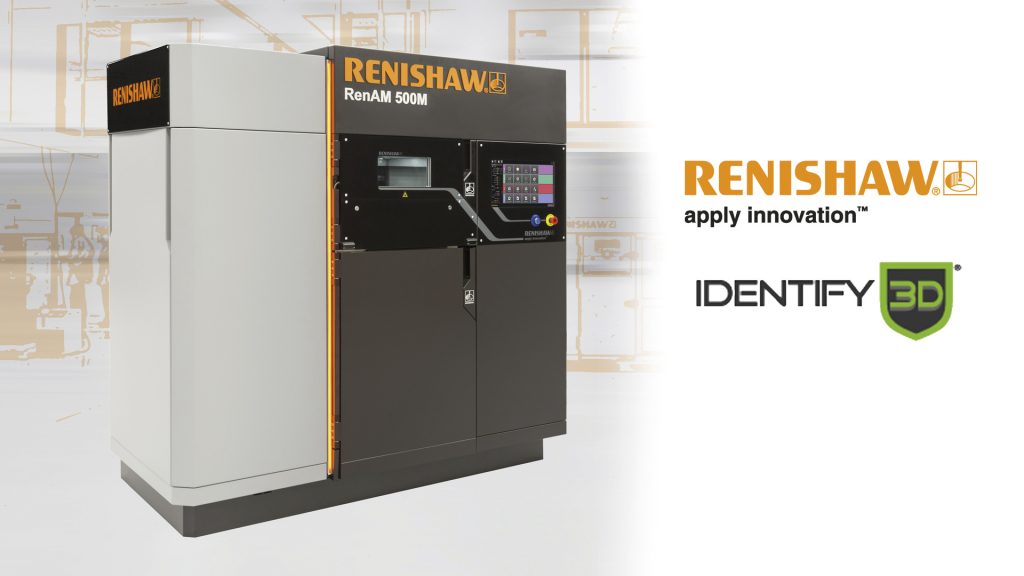OEM Renishaw has collaborated with software company Identify3D to produce an end-to-end, secure digital manufacturing process.
The collaboration between Renishaw and Identify3D will deliver secure manufacturing to supply chains in the aerospace, automotive, defence and medical sectors, as these industries make the leap to 3D printing.
Denial, compromise, sabotage, disaster
The issue of protecting intellectual property (IP) has faced almost all industries that use 3D printing, from design to manufacturing. It has formed the basis of questions that Industry has put to experts across the field, with many agreeing that additive manufacturing does not readily fit into existing IP protection structures.
Earlier this week, a Washington D.C.-based think tank, The Atlantic Institute, published a report on the cyber-security threat facing the aviation industry. The report identifies risks that might be applied to any industry dealing in the production of complex parts.
The areas of risk identified were “denial,” the deletion of software of product design files, “compromise,” the theft of product design files, and finally “sabotage,” deliberate interference in the 3D printing process or file preparation with the intent of causing structural damage.

Securing data in an age of printing on demand
Renishaw produces 3D printed parts on demand and manufactures equipment for industrial use, making IP protection particularly important.
Identify3D’s software will be used to apply contractual and manufacturing licensing and data protection to Renishaw additive manufacturing systems. Identify3D’s protective measures will be used from the design stage all the way to part production.
Securing the data in the engineering phase of production will enforce production rules and provide traceability in the digital supply chain. In this way, users of Renishaw’s 3D printers will have their IP protected with legal backing.
According to Renishaw, the two companies are currently working together on pilot projects for several manufacturing customers.

Management and control of complex processes
Marc Saunders, Director of Global Solutions Centres at Renishaw, hinted at the part Identify3D would play in the product cycle by “minimising variation to improve and protect AM production quality.”
Echoing recommendations made across other industries, Saunders noted the need “manage and control a complex chain of processes to deliver consistent, traceable and qualified parts” in an age where 3D printing plays a significant part in manufacturing.
“Secure transmission and controlled use of digital IP is critical to enable agile Industry 4.0 supply chains.”
Commenting on the collaboration, Stephen Thomas, Identify3D’s Chief Strategy Officer, spoke of the need for “efficient and reliable control of data flow all the way to…machines.”
Thomas confirmed the extent to which Identify3D would be involved in part production using Renishaw machines, stating that it would provide IP protection to the design, production and distribution stages.

Securing the perimeter elsewhere
Last year, InfraTrac was declared the winner of the “America Makes” challenge after designing a chemical signature for 3D printing to allow distinction between real and fake 3D printed objects.
Earlier this year, Danish company Keep it REAL developed an encryption platform for 3D printers, making it possible to print objects without accessing the original 3D file.
For more on IP and 3D printing, subscribe to our free Industry newsletter, follow us on Twitter, and like us on Facebook.
Featured image shows a Renishaw branded metal 3D printed part. Photo via Aeromet/Monty Rakusen.

Leave A Comment